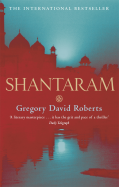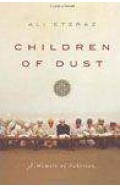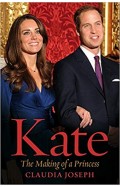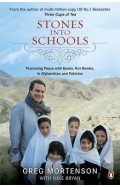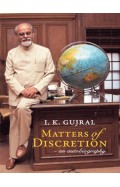Why Spy?: On the Art of Intelligence
By: Brian Stewart
-
Rs 3,187.25
- Rs 5,795.00
- 45%
You save Rs 2,607.75.
Due to constant currency fluctuation, prices are subject to change with or without notice.
Why Spy? is the result of Brian Stewart's seventy years of working in, and studying the uses and abuses of, intelligence in the real world. Few books currently available to those involved either as professionals or students in this area have been written by someone like the present author, who has practical experience both of field work and of the intelligence bureaucracy at home and abroad. It relates successes and failures via case studies, and draws conclusions that should be pondered by all those concerned with the limitations and usefulness of the intelligence product, as well as with how to avoid the tendency to abuse or ignore it when its conclusions do not fit with preconceived ideas. It reminds the reader of the multiplicity of methods and organisations and the wide range of talents making up the intelligence world.The co-author, scholar Samantha Newbery, examines such current issues as the growth of intelligence studies in universities, and the general emphasis throughout the volume is on the necessity of embracing a range of sources, including police, political, military and overt, to ensure that secret intelligence is placed in as wide a context as possible when decisions are made.
Why Spy? is the result of Brian Stewart's seventy years of working in, and studying the uses and abuses of, intelligence in the real world. Few books currently available to those involved either as professionals or students in this area have been written by someone like the present author, who has practical experience both of field work and of the intelligence bureaucracy at home and abroad. It relates successes and failures via case studies, and draws conclusions that should be pondered by all those concerned with the limitations and usefulness of the intelligence product, as well as with how to avoid the tendency to abuse or ignore it when its conclusions do not fit with preconceived ideas. It reminds the reader of the multiplicity of methods and organisations and the wide range of talents making up the intelligence world.The co-author, scholar Samantha Newbery, examines such current issues as the growth of intelligence studies in universities, and the general emphasis throughout the volume is on the necessity of embracing a range of sources, including police, political, military and overt, to ensure that secret intelligence is placed in as wide a context as possible when decisions are made.
Digital SAT Study Guide Premium, 2024: 4 Practice Tests + Comprehensive Review + Online Practice (Barron's Test Prep)
By: Brian Stewart
Rs 5,651.75 Rs 8,695.00 Ex Tax :Rs 5,651.75
Zubin Mehta: A Musical Journey (An Authorized Biography)
By: VOID - Bakhtiar K. Dadabhoy
Rs 472.50 Rs 1,050.00 Ex Tax :Rs 472.50
The Success Equation Untangling Skill and Luck in BusinessSports and Investing
By: Michael J. Mauboussin
Rs 1,317.25 Rs 2,395.00 Ex Tax :Rs 1,317.25
Manning Up: How the Rise of Women Has Turned Men into Boys
By: Kay Hymowitz
Rs 646.75 Rs 995.00 Ex Tax :Rs 646.75
The Success Equation Untangling Skill and Luck in BusinessSports and Investing
By: Michael J. Mauboussin
Rs 1,317.25 Rs 2,395.00 Ex Tax :Rs 1,317.25
No recently viewed books available at the moment.
Zubin Mehta: A Musical Journey (An Authorized Biography)
By: VOID - Bakhtiar K. Dadabhoy
Rs 472.50 Rs 1,050.00 Ex Tax :Rs 472.50
Digital SAT Study Guide Premium, 2024: 4 Practice Tests + Comprehensive Review + Online Practice (Barron's Test Prep)
By: Brian Stewart
Rs 5,651.75 Rs 8,695.00 Ex Tax :Rs 5,651.75
The Success Equation Untangling Skill and Luck in BusinessSports and Investing
By: Michael J. Mauboussin
Rs 1,317.25 Rs 2,395.00 Ex Tax :Rs 1,317.25











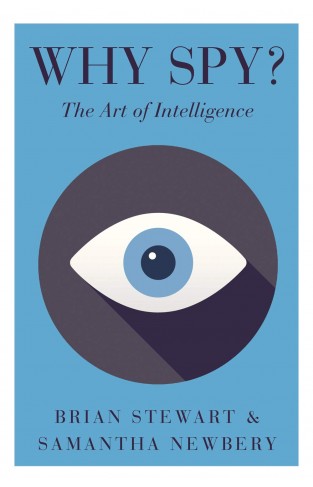
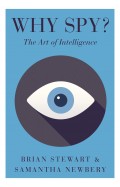

-120x187.jpg?q6)





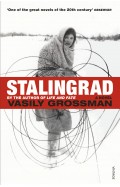
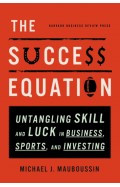
-120x187.jpg?q6)





